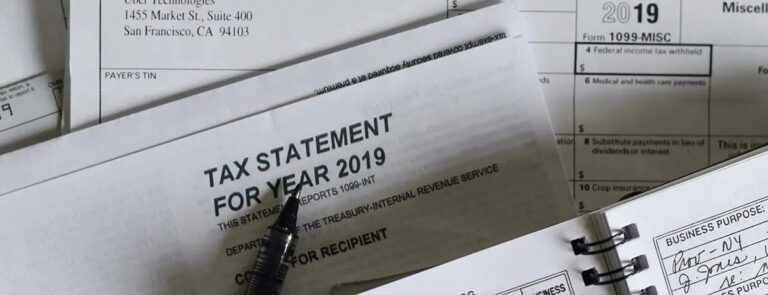Do you know whether you will have to pay tax when you sell a home? It’s not a simple yes or no. There are a few factors that need to be mentioned. Imagine that you’ve custom-made your home and have all the tools you need to make it as functional as possible. You put it on the market and you start getting big offers. You’re getting more money than you paid for your entire home, right? You might wonder if taxes will be due after you sell the house. You don’t want to be disappointed to find out that your deductions will reduce the amount you receive.
This article contains sponsored links. We receive a small payment if you choose to use these links at no charge.
What taxes are due when you sell a house?
Do you still wonder if you will have to pay tax? The simple answer is yes. There are many factors to take into consideration. The length of time you have lived or owned the house will determine whether you pay taxes. You can claim a tax-free amount of $250,000 if you have owned the home for between two and five years. If you’re married and have already filed a joint tax return, your tax-free amount will double to $500,000. The IRS will allow you to file a joint return in order to exempt up to $500,000 of capital gains from tax. You can exclude up to $250,000 of your profits if you’re single (unmarried).
Do all home sellers have to pay taxes?
You are happy with your home and ready to sell it. The main concern is the profit deduction. You will usually profit if your home is sold for more than what you paid. According to the government the capital gain you make will be a taxable income.
Taxation is based on the length of your capital gains. This distinction is made between a homeowner who sells their home for a variety of reasons, such as to upgrade or relocate, and an investor that makes money by buying and then selling multiple homes each year.
Capital Gains Tax Rate
The long-term tax on capital gains is not higher than 15% for the average homeowner. It can be lower or higher depending on your income. The long-term tax rates are generally lower than the standard income taxes. You have to pay the same amount of tax on capital gains that are short-term as you do on regular income. The tax rate also varies based on your annual income.
How can I avoid paying taxes when I sell my house?
Here’s what you can do to save on taxes when selling your home.
Use the Primary Residence Exclusion
Selling your primary residence can result in capital gains of up to $250,000. Families who stay in their entire home for a long time are subject to a tax. Some families move frequently, but they’re not on a tour. They are trying to avoid tax.
Compare Losses
Are you aware that realizing losses can help you cancel and offset the gains of a certain year? Investors who are intelligent will collect capital losses immediately after they happen and use them to offset current and future taxes. Losses that are in excess of $3000 and not used to offset gains can be offset by ordinary income. The rest of the loss can be stored and carried forward.












+ There are no comments
Add yours